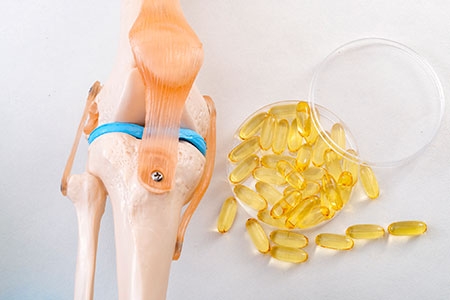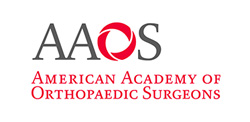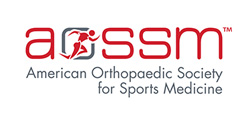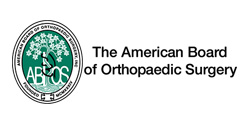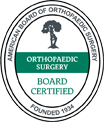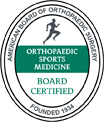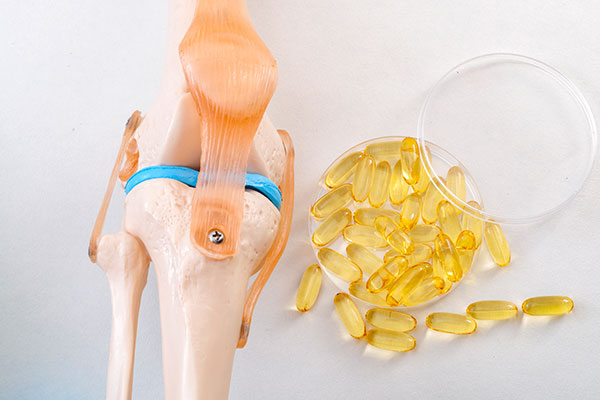
Athletes train for strength and agility, but few realize their diet can be a hidden advantage in keeping their knees injury-free. The right nutrients can fortify your ACL and speed recovery if injury strikes. Let’s look at the science-backed foods that help keep your knees stable, strong, and ready for action.
Prioritize Protein for Tissue Repair
Protein provides the amino acids necessary for rebuilding damaged ligament fibers. After an ACL injury or surgery, aim to include high-quality protein in every meal. Lean meats, fish, eggs, dairy, beans, and lentils all supply the building blocks your body needs to repair tissues and maintain muscle mass. Distributing protein evenly throughout the day can further enhance recovery.
Load Up on Vitamin C and Collagen Support
Vitamin C assists in collagen synthesis, which is essential for ligament strength and flexibility. Include citrus fruits, berries, bell peppers, and leafy greens to help your body produce and maintain collagen. Bone broth, gelatin, and collagen peptide supplements can also support connective tissue health, especially during rehabilitation phases.
Boost Anti-Inflammatory Nutrients
Inflammation is a natural part of the healing process, but excessive or prolonged inflammation can slow recovery. Omega-3 fatty acids, found in fish oil, salmon, chia seeds, flax seeds, and walnuts, help regulate inflammation. Spices such as turmeric and ginger also have anti-inflammatory properties that may benefit knee health. Incorporating these foods regularly can support long-term joint resilience.
Maintain Optimal Vitamin D and Calcium Levels
Strong bones are essential for knee stability, especially when returning to activity after ACL injury. Vitamin D helps the body absorb calcium and supports bone mineralization. Include fatty fish, fortified dairy products, and safe sun exposure in your routine. Calcium-rich foods such as milk, yogurt, cheese, and leafy greens further protect against bone-related complications.
Support Recovery with Adequate Hydration
Cartilage and connective tissues in the knee rely on water to maintain elasticity and lubrication. Dehydration can reduce joint shock absorption and slow healing. Aim for steady water intake throughout the day, and consider electrolyte-rich fluids after intense exercise or physical therapy sessions.
Work with a Specialist for the Best Results
Nutrition can significantly impact ACL health, but it works best when combined with proper training, injury prevention strategies, and medical care. An orthopedic sports medicine specialist can create a comprehensive plan that integrates nutrition, exercise, and rehabilitation. Whether you are recovering from an ACL reconstruction or aiming to prevent injury, targeted nutrition can help support strong, resilient knees.
If you have experienced an ACL injury or want to protect your knees for long-term performance, schedule a consultation with Dr. DiGiulio to learn more about personalized recovery and prevention strategies.
AUTHOR: Milan M. DiGiulio, M.D. offers comprehensive Orthopaedic care for you and your entire family, specializing in Sports Medicine and Arthroscopic surgery of the shoulder and knee. Dr. DiGiulio performs over 200 arthroscopic shoulder and knee surgeries each year, using the most advanced surgical technology. Dr. DiGiulio is an advocate of non-invasive, non-surgical treatment options such as Physical Therapy and Orthobiologics.



